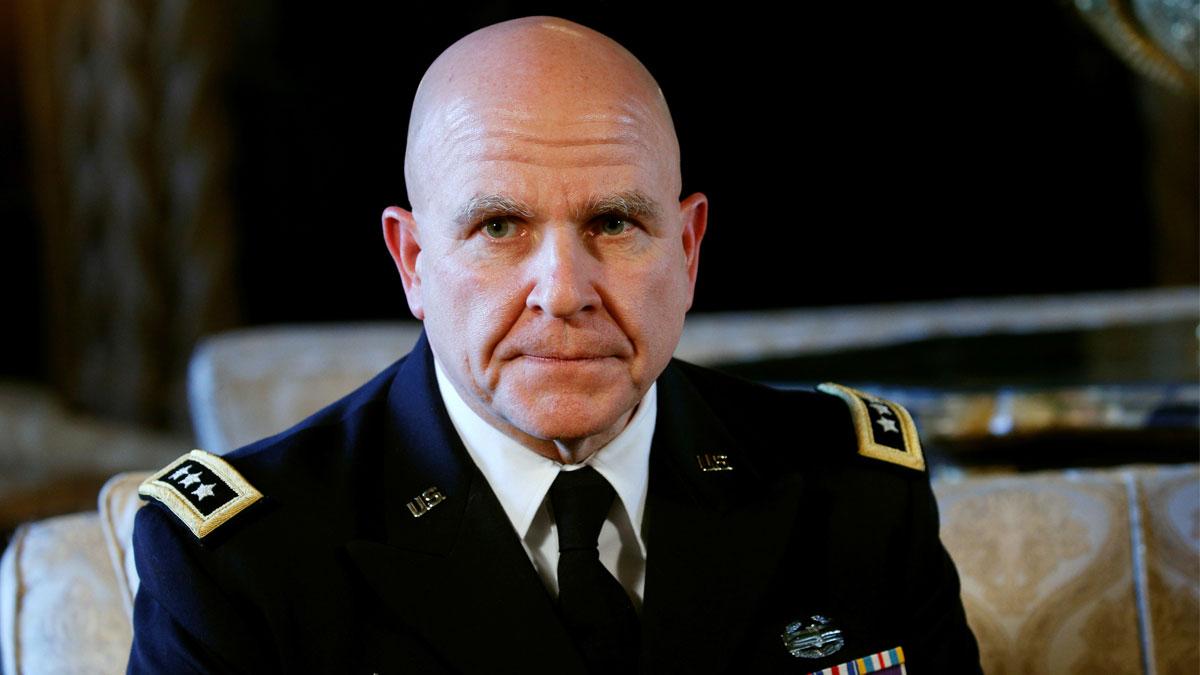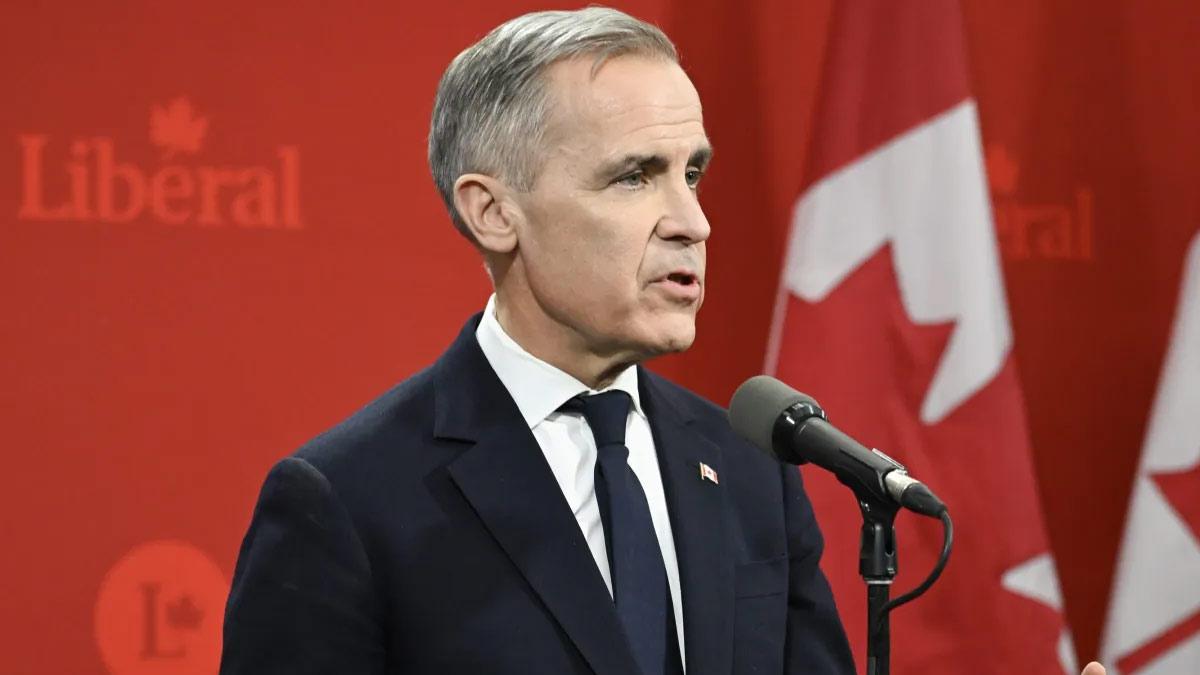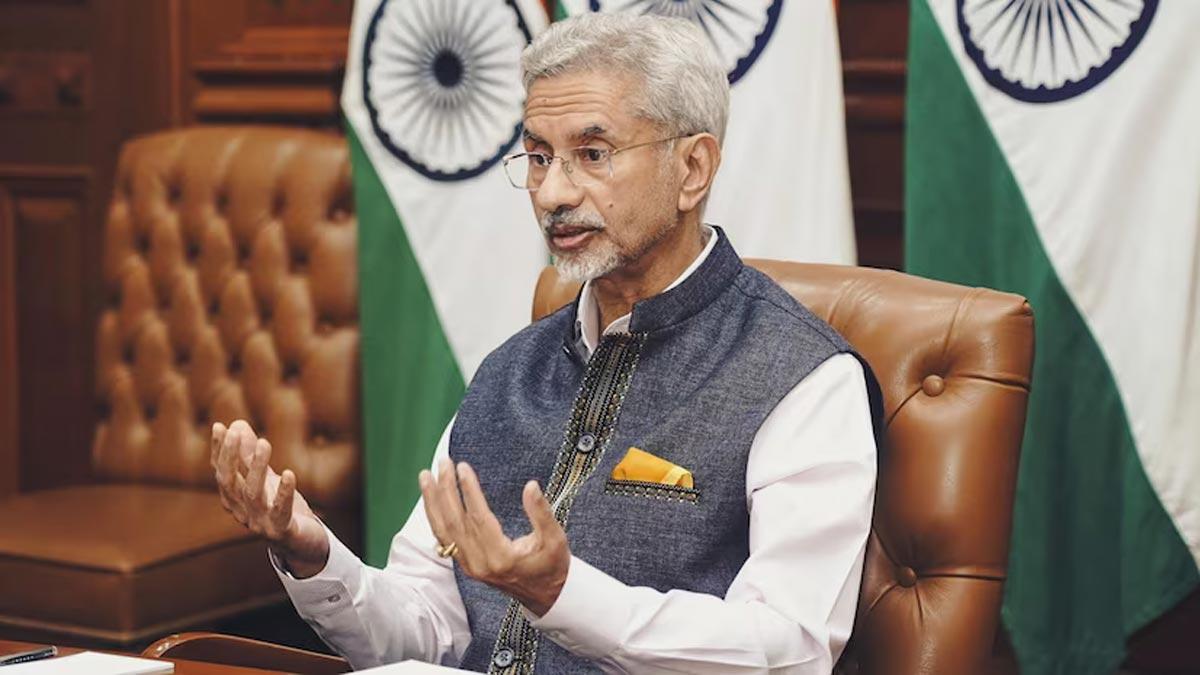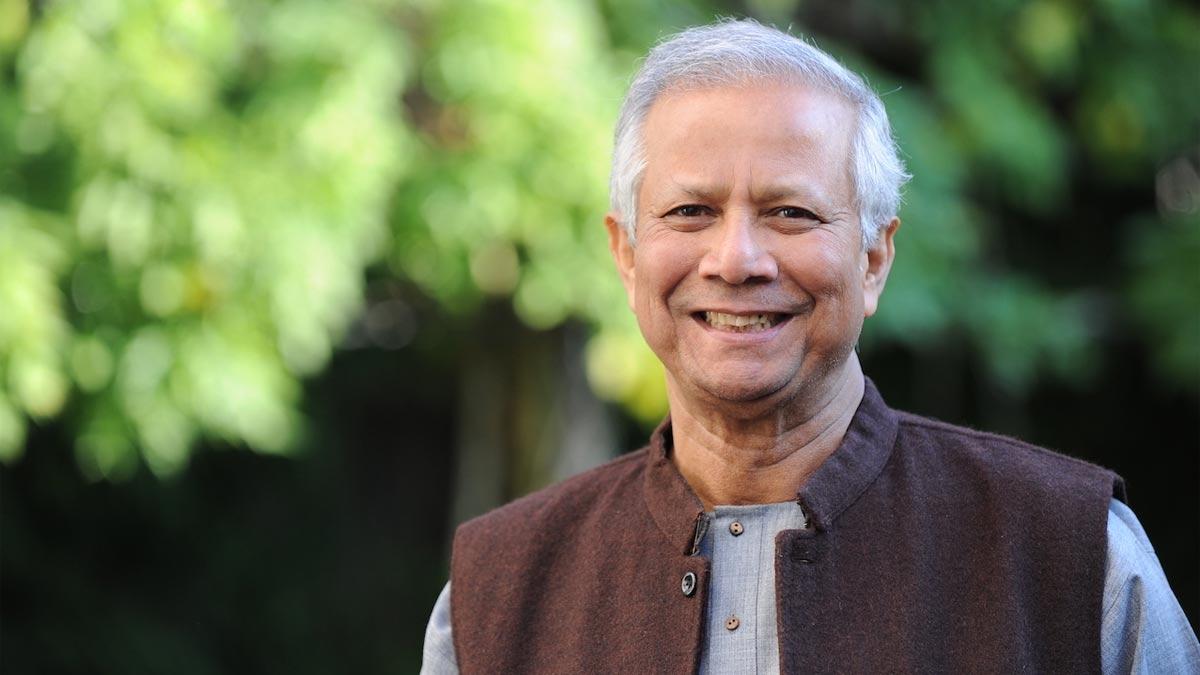Former US National Security Advisor Lt Gen (retd) H.R. McMaster has emphasized the “undeniable complicity” of Pakistan’s Inter-Services Intelligence (ISI) with terrorist organizations. In his new book, At War with Ourselves: My Tour of Duty in the Trump White House, McMaster reveals that during his service under President Donald Trump, the White House faced significant resistance from both the State Department and the Pentagon regarding the cessation of security aid to Pakistan.
Despite Trump's clear directive to halt all aid to Pakistan until it ceased providing refuge to terrorists, McMaster details in his book that then-Defense Secretary Jim Mattis was preparing to send a military aid package to Islamabad, which included armoured vehicles valued at over USD 150 million.
McMaster intervened to prevent this aid from being delivered. He recounts in the book that it was challenging to get the State Department and the Defense Department to adhere to Trump's orders. “It was difficult to get State and Defence even to comply with Trump’s directives to stop certain activities,” he writes. He discovered that, contrary to the South Asia strategy—which called for suspending all aid to Pakistan with limited exceptions—the Pentagon was planning to deliver a substantial military aid package when Mattis was scheduled to visit Islamabad.
Upon learning of this, McMaster called a meeting with Mattis, CIA Deputy Director Gina Haspel, and other senior officials. “I started by noting that the president (Trump) had been very clear on multiple occasions to suspend aid to the Pakistanis until they halted support for terrorist organisations that were killing Afghans, Americans, and coalition members in Afghanistan…We had all heard Trump say, ‘I do not want any money going to Pakistan’,” McMaster says.
Mattis expressed concerns about potential Pakistani retaliation, but other officials, including Ambassador David Hale, who joined via video from Islamabad, did not share these concerns. Consequently, Mattis agreed to halt the shipment of assistance, although other aid continued. This led Trump to tweet on New Year’s Day, “The United States has foolishly given Pakistan more than 33 billion dollars in aid over the last 15 years and they have given us nothing but lies & deceit thinking of our leaders as fools. They give safe haven to the terrorists we hunt in Afghanistan with little help. No more!”
McMaster points out that Pakistan's behavior remained unchanged, and the Pakistani government’s release of Hafiz Saeed, the mastermind behind the 2008 Mumbai attacks, just before Mattis’s visit was a direct affront. Additionally, an incident involving hostages in Pakistan had further highlighted the ISI's “undeniable complicity” with terrorists, according to McMaster.
Although some criticized Trump’s tweet as erratic and lacking a coherent policy, McMaster argues that stopping assistance was a crucial component of the South Asia strategy approved by Trump at Camp David in August. “A lunch that the president hosted with the vice president, Tillerson, Mattis, Kelly, and me on December 14 helped me understand why it was difficult to implement Trump’s guidance on Pakistan or to foster cooperation on contingency plans for North Korea,” McMaster concludes.
Read also | Trump Slams Kamala Harris as 'Incoherent' and 'Boring'
Read also | Ukrainian F-16 Crashes While Repelling Russian Attack, Pilot Killed


















